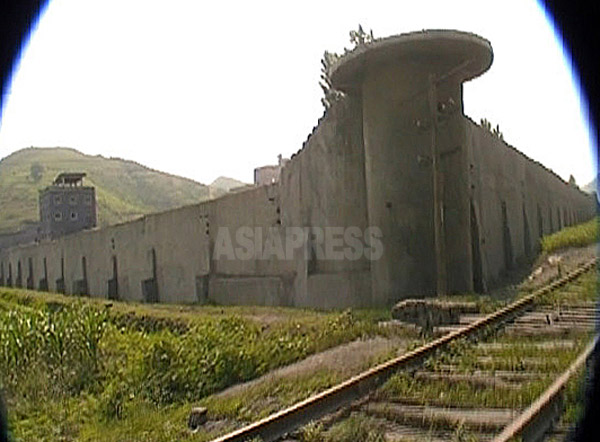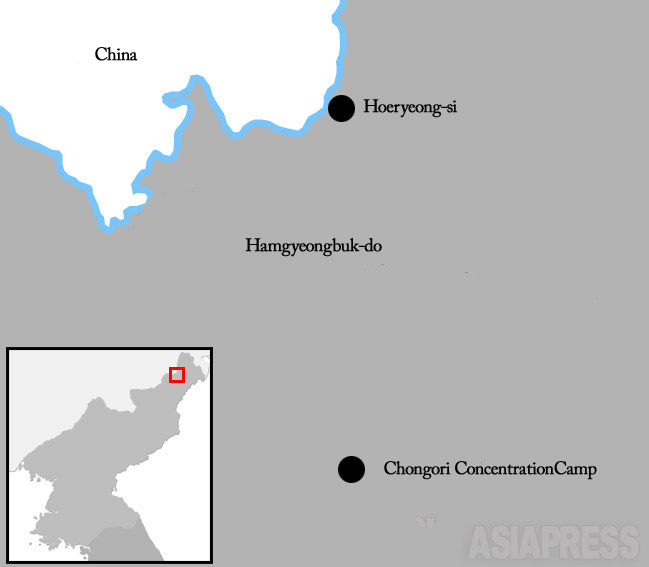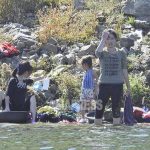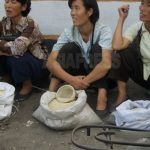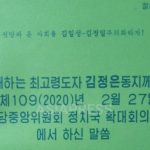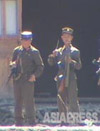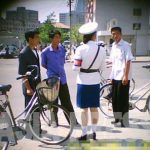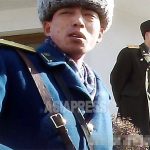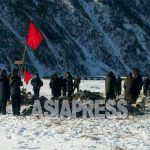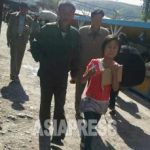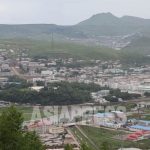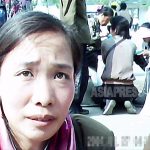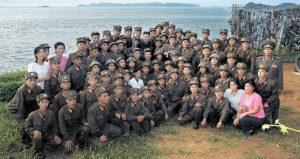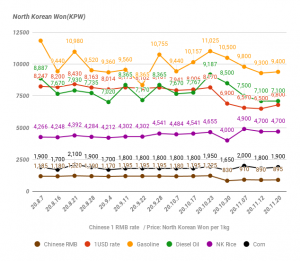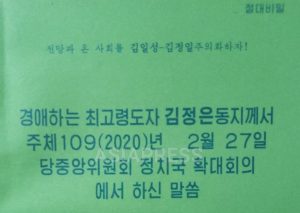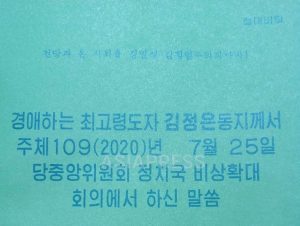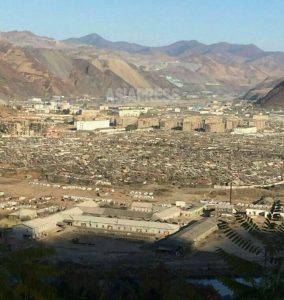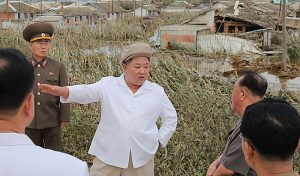2017/Dec/21
The voice on the other end of the phone, in North Korea, trembled as she spoke. We got the impression that the person had experienced some horrible things, mentally and physically.
We were speaking with a woman in a northern region of North Korea. She had been held in Detention centre 12, known as “Jongori detention center” near Hoeryong City in North Hamkyung Province. Through one of our reporting partners, ASIAPRESS was able to carry out an extended interview with her. Her assumed name is Eun-sook. The timing of her detention, release, and her charges can’t be revealed, for the sake of her safety.
Related article: Drastic Increase of Inmates at “Labor Training Camps”: “People Dying of Malnutrition and Physical Abuse”, a Former Inmate Testifies.
The horrendous human rights situation in North Korea is now well known to the international community. But, in reality, reports on human rights violations have decreased since the inauguration of the Kim Jong-un regime. Defectors, those individuals who are a source of information on developments inside North Korea, have dramatically decreased because of tight border control. It’s become harder to report on changes inside North Korea.
In December 2015, the Seoul-based ‘Institute for Unification Study’, published a report titled, ‘Detention Centre.’ which included information on the Jongori detention center. A private think tank, the ‘Asan Institute for Policies Studies’ also published a similar report, ‘Human Rights in North Korean detention centres– Death & Illness in Jongori Detention Centre, in February 2017. The two reports, compiled using North Korean defector testimony, offered revealing insights into life in the detentions centres. But most of the narratives were limited to the time before Kim Jong-un came to power, in 2012.
It is hoped that the situation of human rights in North Korea will improve. But Eun-sook’s experiences inside Jongori Detention Centre reveals that little has changed. What follows is Eun-sook’s testimony:
Next Page...
